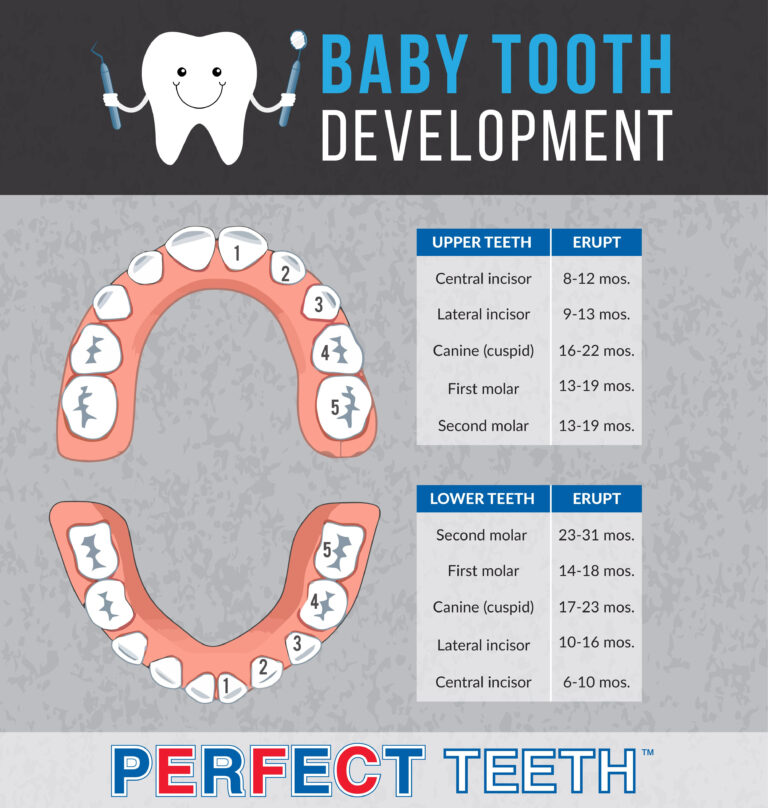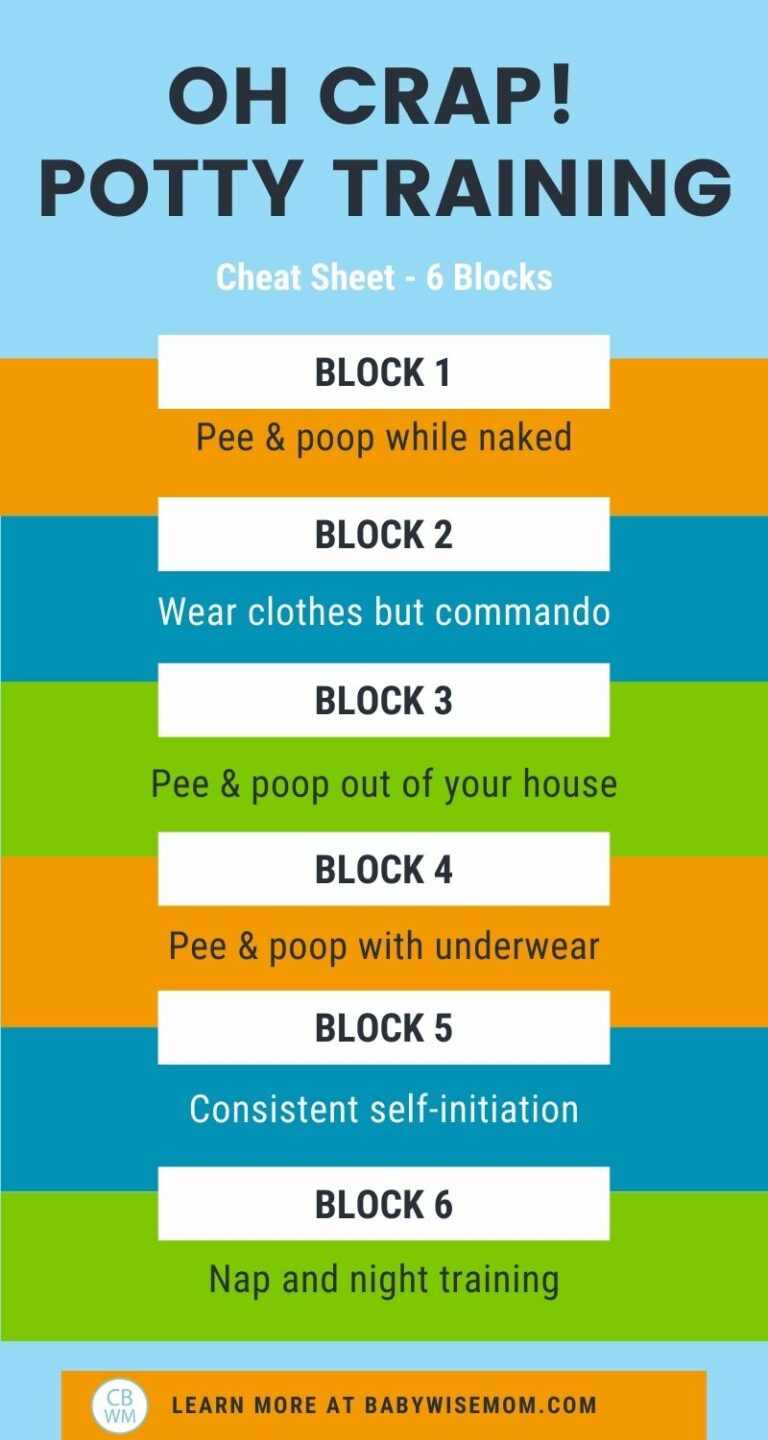Navigating the 3 Month Sleep Regression: Understanding and Overcoming Nighttime Challenges
The arrival of a newborn brings immense joy, but it also introduces a new set of challenges, one of which is the dreaded 3-month sleep regression. This temporary disruption in an infant’s sleep patterns can leave parents feeling exhausted and overwhelmed. In this article, we will delve into the causes, symptoms, and effective management strategies for 3-month sleep regression, empowering parents with the knowledge and tools to navigate this challenging period.
Around the 3-month mark, babies experience a developmental leap that can lead to changes in their sleep patterns. This regression is characterized by frequent night wakings, shorter naps, and increased fussiness at bedtime. Understanding the underlying causes and triggers of this regression is crucial for developing effective coping mechanisms.
3 Month Sleep Regression

The 3 month sleep regression is a common sleep issue that affects many babies around the age of 3 months. It can be a frustrating time for parents, as their baby’s sleep patterns suddenly change and they may start waking up more frequently at night.
There are a few reasons why the 3 month sleep regression occurs. One reason is that babies are going through a period of rapid brain development at this age. This can lead to them being more alert and active during the day, which can make it harder for them to fall asleep at night.
Another reason for the 3 month sleep regression is that babies are starting to develop their own sleep-wake cycles. This means that they are starting to learn to fall asleep on their own and to stay asleep for longer periods of time. However, this process can take some time and can lead to some sleep disruptions in the meantime.
Signs of the 3 Month Sleep Regression
- Waking up more frequently at night
- Taking shorter naps
- Being more difficult to settle at bedtime
- Crying more than usual
- Seeming more tired and irritable during the day
FAQ
How long does the 3-month sleep regression typically last?
The duration of the 3-month sleep regression varies, but it usually lasts for 2-6 weeks.
What are some tips for coping with the 3-month sleep regression?
Establishing a consistent sleep routine, creating a calming bedtime environment, and avoiding overstimulation before bed can help mitigate the effects of the regression.
When should I consider seeking professional help for the 3-month sleep regression?
If the regression persists for more than 6 weeks, or if it is accompanied by other concerning symptoms, such as excessive crying or difficulty feeding, it is advisable to consult a healthcare provider.





